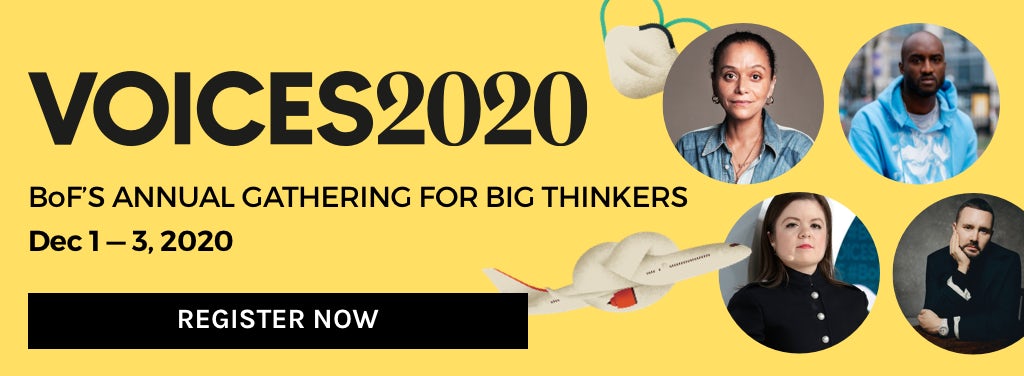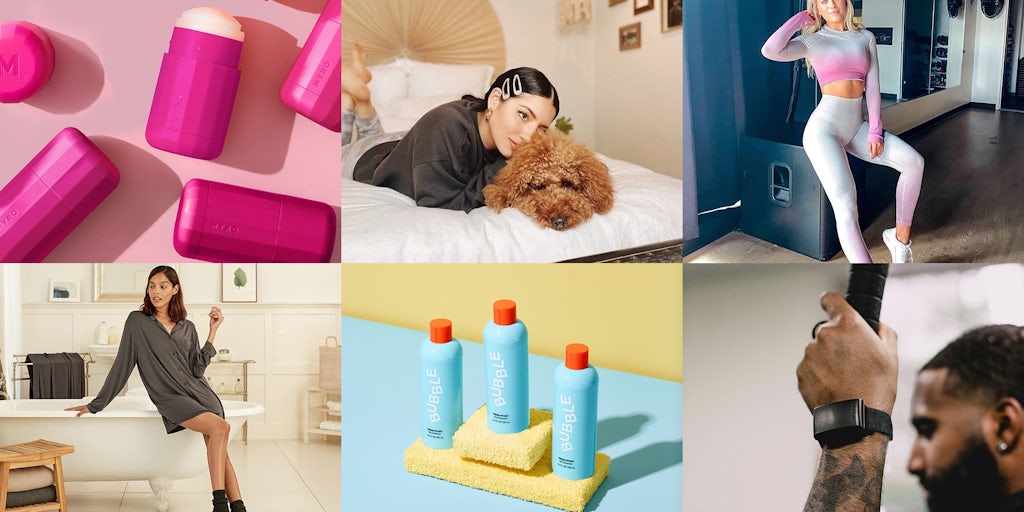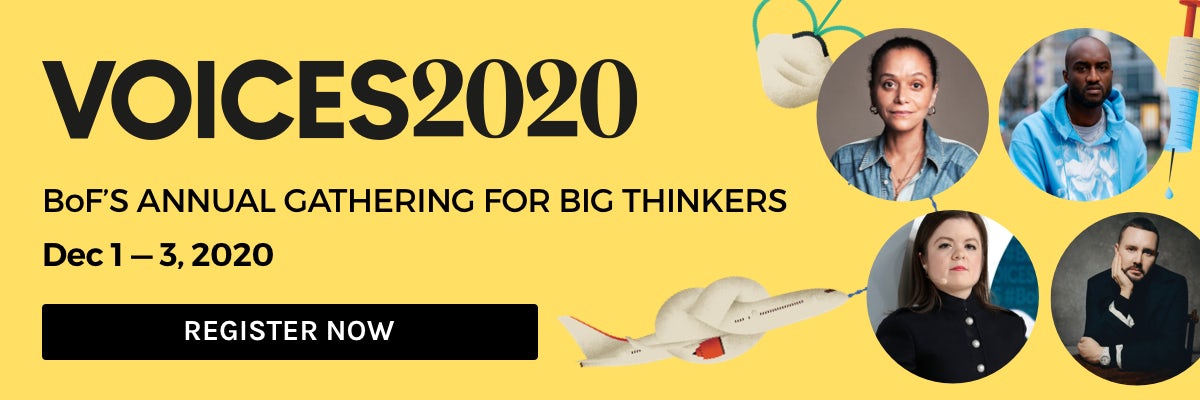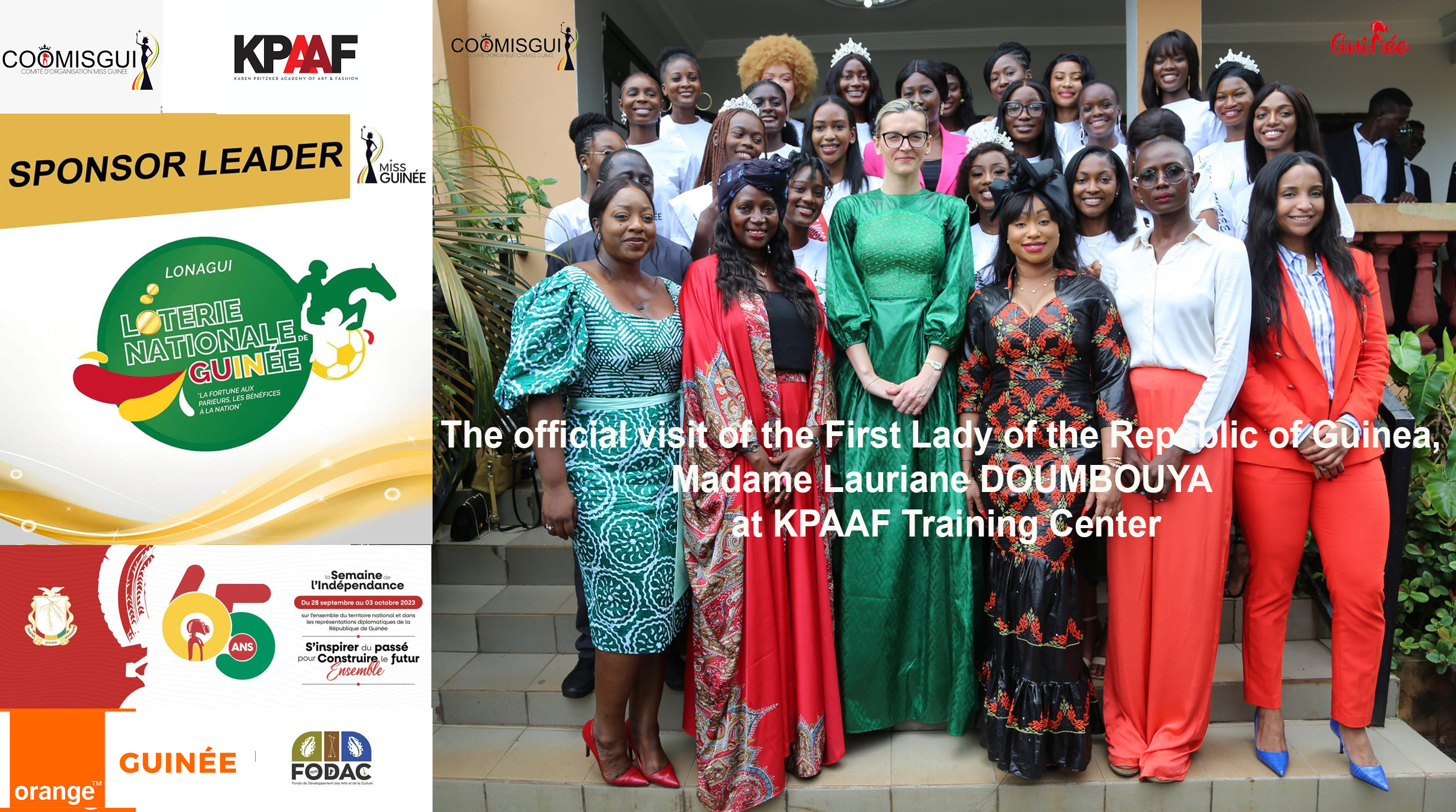Where VCs Are Placing Their Bets

Consumer spending is in the doldrums, but consumer products are still a hot category for investors.
Despite a brief pull back when the pandemic first hit, deals and financing in the consumer space are projected to hit a record high of $18 billion by the end of the year, according to an October report from CB Insights. Investors’ initial caution quickly gave way to an eagerness to capitalise on the drastic surge in online shopping that began in the spring and doesn’t look like it will stop any time soon.
Wearable fitness tracker WHOOP and affordable workout apparel brand Gymshark both reached unicorn status this year, with valuations above $1 billion. Walmart, Qatar Investment Authority and Tencent injected over $1 billion in Indian e-commerce giant Flipkart, while Faire, which connects wholesale vendors to retailers online, attracted $170 million in a funding round that valued the wholesale marketplace at $2.5 billion.
Investors are piling into pandemic-winning categories like health and wellness, but they’re not just eyeing direct-to-consumer brands: there’s also mounting appetite for the technology that powers and drives e-commerce, such as data analytics and wholesale management.
Much like the explosion of direct-to-consumer upstarts in the wake of the 2008 recession, investors are anticipating — and making bets on — a new generation of disruptive start-ups.
“I think we’ll see, in the next six to 12 months, a [surge] of new ideas and new entrepreneurs, inspired by the pandemic and the political chaos of 2020,” said Mike Duda, founder of Bullish, a venture capital firm and creative agency. “And fashion doesn’t have to be a loser in this,” he added.
Below, BoF provides a roadmap of the biggest trends and opportunities.
Health and Wellness on Steroids
Activewear is the standout winner of the pandemic from a fashion perspective, as consumers bought sweat pants to lounge in and yoga pants for at-home workouts. Investors are taking note, with the fashion trends playing into a broader boom in health and wellness categories already underway before the pandemic hit. Young consumers have long been drawn to the self-care lifestyle, whether that’s eating healthy or exercising in style, but the pandemic pushed the trend even further.
“What’s interesting about Covid is that it’s been an accelerant to the trends that were already happening,” said Shad Azimi, managing partner at Vanterra Capital.
Cashmere start-up Naadam has been one of the best-performing brands in the fund’s portfolio this year, he said, because of its comfortable loungewear options. Azimi is also eyeing opportunities in the beauty sector, as skin care emerged as a winner in cosmetics this year while makeup sales lagged.
“The natural beauty category, for example, we think is still very interesting,” Azimi said, adding that sustainability is now table stakes for any new brands in this space with pandemic intensifying the trend for conscious consumption.
Refillable vegan deodorant brand Myro, for instance, was able to close an $18 million funding round in February, according to CB Insights, while Duda’s firm, Bullish, helped launch new teen skin care brand Bubble Beauty earlier this month with a debut on TikTok.
One of the biggest new opportunities lies in the potential to cross-pollinate fashion with the at-home fitness boom.
Perhaps one of the biggest new opportunities lies in the potential to cross-pollinate fashion with the at-home fitness boom. The hypothesis is that when customers not only buy leggings from a brand but also stick around afterward for a barre class, their affinity for that brand is higher — and their loyalty can be lucrative in the long run.
In September, Tonal, a home training machine company, raised $110 million with investors including L Catterton and Steph Curry. Lululemon purchased at-home fitness company mirror for $500 million in July, it’s first-ever acquisition.
A Direct-To-Consumer Comeback
The pandemic has reversed trends, too. The e-commerce boom has restored momentum to many direct-to-consumer brands struggling to grow profitably just a year ago, attracting fresh interest from investors.
“In a lot of ways, Covid saved these DTC brands,” said Sam Kaplan, a former partner at Burch Creative Capital. Kaplan left the venture firm last year to start his own fund with one basic principle: that many direct-to-consumer brands were overvalued, and therefore soon-to-be available to purchase in fire sales.
But as consumers settled into the pandemic this spring and summer, e-commerce across the board received a boost. Stuck at home all day, people spent more time on Instagram and checking their emails. Ads on social media — which some say peaked in effectiveness last year — found renewed success.
Sustainable sneaker brand Allbirds raised $100 million in Series E funding last month, led by Franklin Templeton, while Everlane received a $85 million injection from L Catterton in September.
There’s also growing speculation that major retailers scrambling to improve their own direct-to-consumer channels may turn to acquisitions. While lucrative exits from strategic acquisitions are hardly as numerous as DTC investors initially hoped, their fortunes may finally change. This marks an opportunity for new investors too, if they get in at the right time.
“If you look at the language that a lot of these public companies like Nike and Adidas are using, the shift to digital is very real,” said Sean Judge, principal at Highland, a venture fund that has invested in the likes of Rent the Runway, Harry’s and ThredUp. “[Acquisitions] are becoming a higher priority for some of these large public companies, and that’s made us look at the different categories where you’re seeing public companies may be eyeing,” he added.
Acquisitions are becoming a higher priority for some of these large public companies.
Meanwhile, other investors are putting their money toward platforms that incubate new DTC brands as e-commerce sales continue to soar. Heyday, a service provider that helps vendors grow their businesses on different digital marketplaces, raised a hefty $175 million Series A round just two weeks ago, with investors including General Catalyst and Arbor Ventures. Perch monetises a similar concept, acquiring and growing DTC brands that sell on Amazon. It raised $123.5 million in October led by Spark Capital.
“A year ago, direct-to-consumer was ‘Ew,’” Duda said. “Now it’s all the rage again.”
From Product to Tech
Then there are the opportunities many investors are beginning to consider for the first time: in response to the rapid acceleration in digital commerce, more investors are venturing beyond the consumer category to bet on the pure tech services that brands rely on to make online shopping better and more seamless.
“One of the things that Covid has done for our business at Imaginary is that it’s helped us accelerate our move beyond just investing in brands,” said Nick Brown, managing partner at early-stage venture fund Imaginary. “We’re sitting with all of our consumer businesses and [realising] that each share the same kind of challenges and looking for the same tools and efficiencies.”
Every DTC brand, for instance, aims to optimise inventory forecasting and supply chain management. Marketing analytics is another vital component that technology can tackle. Imaginary has yet to make an investment in the retail B2B tech space, but it’s likely to do so in the next two or three months, according to Brown.
We’re sitting with all of our consumer businesses and realising that each share the same kind of challenges and looking for the same tools and efficiencies.
Amid the pandemic, investors are zeroing in on a handful of strategic areas that seem particularly well-placed to benefit from retail’s strange new reality. Sophisticated analytics that can help brands really understand and cater to their customers is one area of focus. Another growing space is customer service, as retailers look to differentiate online offerings for consumers. New wholesale solutions have also garnered particular interest as lockdowns exposed weaknesses in retail’s old-school merchandising and inventory models.
Tech companies like Faire that aim to patch up these gaps in the wholesale market have received outsized attention from investors in recent months. VTEX, a company enabling brands to work with distributors, marketplaces and suppliers in a single platform, secured $225 million from investors including SoftBank and Tiger Global in September. While INTURN, which offers apparel and fashion brands different methods to monetise excess or slow-moving inventory, raised $31 million in August, SEC documents show.
Meanwhile, Tel Aviv-based Konnecto is an example of an analytics solution that goes beyond what Facebook or Snapchat can tell a brand about who clicks on their ads. The start-up, which announced a $3.5 million seed round earlier this month, uses machine learning to analyse the digital journey leading up to a product’s purchase. And recent deals in customer service include messaging platform MessageBird, which raised $200 million in Series C funding last month, and Yotpo, a marketing platform that specialises in customer loyalty, which received $75 million in a Series E round in August.
“We’re asking, when you’re selling online, what do you need for that process to be more efficient? What are things to tack on rather than build yourself?” said Highland’s Judge. “There has never been a better time to invest in these opportunities… to capitalise on this huge shift to digital.”
Related Articles:
The State of the Direct-to-Consumer Market
7 Ways to Make E-Commerce More Profitable
How Not to Be a Boring Direct-to-Consumer Brand
BoF’s ANNUAL GATHERING FOR BIG THINKERS
VOICES brings together the movers, shakers and trailblazers of the global fashion industry and unites them with the big thinkers, entrepreneurs and inspiring people who are shaping the wider world, hosted by BoF founder and editor-in-chief, Imran Amed, and led by BoF’s expert editors and correspondents.
Register now to reserve your spot.
1. THE WIDER WORLD: Making sense of 2020 and charting a way forward
2. INSIDE THE FASHION SYSTEM: Addressing the industry’s most important challenges and opportunities
3. TECHNOLOGY & INNOVATION: Exploring how new technologies will change consumer behaviour
4. REINVENTING RETAIL: Understanding how forces accelerated by the pandemic are completely reshaping the retail landscape
5. LIVE YOUR BEST LIFE: Finding the balance, insight and inspiration to be the most authentic, healthy version of yourself
JOIN US FOR A GLOBAL CONVERSATION ABOUT THE FUTURE OF THE FASHION INDUSTRY
This year, VOICES will be delivered via a live broadcast adapted to the unique circumstances of the Covid-19 era — and BoF Professional and BoF Professional Student members anywhere in the world can take part in this live global conversation as the industry looks ahead to 2021. If you are not a member, sign up today with our 30 day trial, including access to VOICES 2020.



